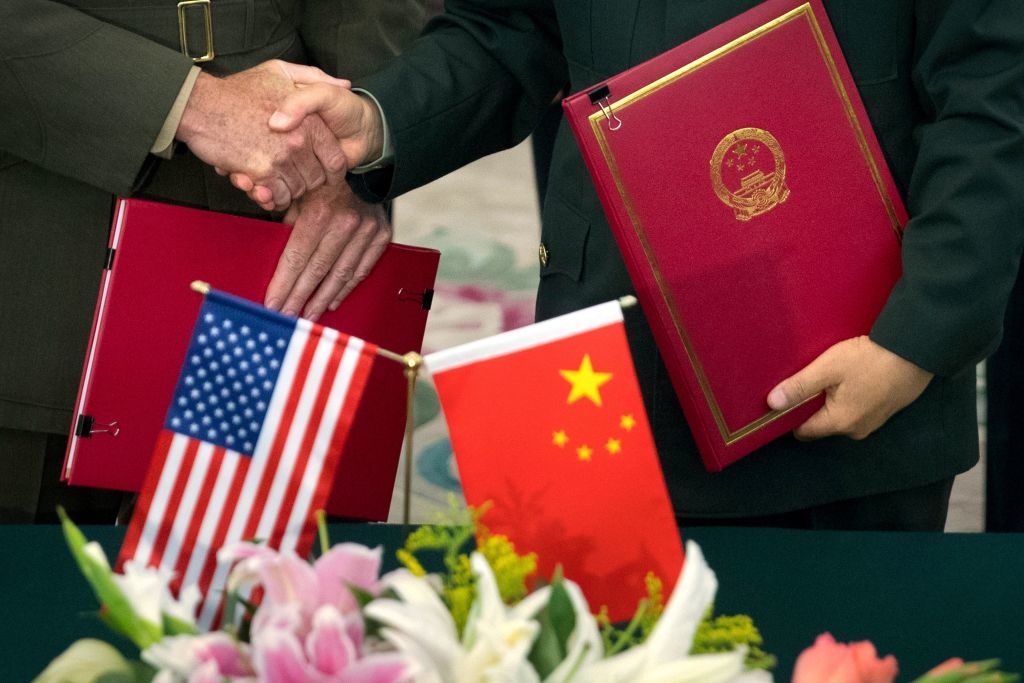Politics
The Latest Round of Trump Administration Tariffs Spares Chinese Art and Antiquities
In the escalating trade war with the Asian superpower, art has been spared—for now.

In the escalating trade war with the Asian superpower, art has been spared—for now.

Henri Neuendorf

American art and antiquities dealers are breathing a sigh of relief. That’s because the Trump Administration did not include Chinese art and antiques in the latest round of tariffs announced on Monday. The measures will see a 10 percent duty imposed on $200 billion worth of Chinese goods starting on September 24, and they could rise to as much as 25 percent by next year.
The preliminary list issued by the Office of the United States Trade Representative in July included 6,031 goods in the tariffs, according to the Art Newspaper. Among those originally listed were Chinese drawings, pastels, prints lithographs, original sculptures, and “antiques of an age exceeding 100 years.”
But when the final list of goods affected by the duties was published on Monday, dealers were relieved to find that it didn’t include art or antiques. (Aside from art, 285 other items were also spared, including electronic products like smartwatches and Bluetooth devices.)
“The US Trade Representative’s decision to remove Chinese art and antiques from the list of Chinese goods to be subject to US import tariffs is very good news for both sides and for the international art market,” dealer James J. Lally told artnet News in an email. “It is a great relief to know that we in the US will continue to have unfettered access to the international art market and will be able to freely welcome art lovers from around the world.”
Peter Tompa, a lawyer specializing in cultural trade, added that he was pleased that the USTR and Trump administration let common sense prevail. “Tariffs on art, antiques, and antiquities would have been unprecedented,” he said. “Furthermore, the collateral damage to American collecting, and cultural exchange with our allies in the UK, Europe, and Asia, especially Japan, would be a price to be paid without any real impact on the Chinese government policy.”
Before the end of the day on Monday, China responded with fresh duties on American goods, prompting President Trump to threaten the country with additional tariffs. It remains unclear if art and antiquities could be targeted in the future.
Tompa believes that, while there’s a possibility that art and antiquities may be subject to duties going forward, it probably won’t come to that. “USTR only culled about five percent of the products on the target list,” he pointed out. “That suggests there was some real analysis behind the decision that won’t change.”
But attorney Kate Fitz Gibbon isn’t so sure. Fitz Gibbon, who is the executive director of the nonprofit Committee for Cultural Policy in New Mexico, warned: “It may be that additional tariffs will be imposed later. That would be disastrous for the US market, because most art from China is already restricted from entry, and this would cut off overseas sources for Chinese art in Europe and the UK and from other Asian nations.”